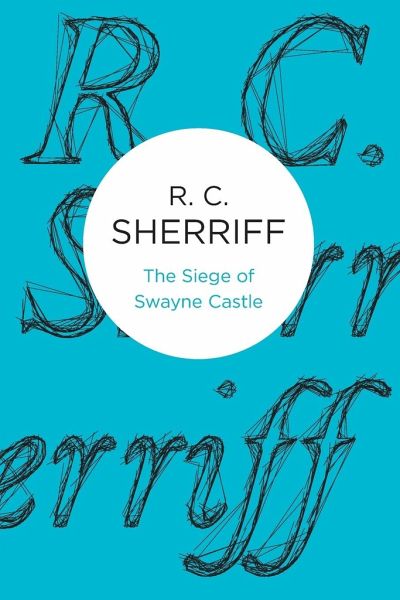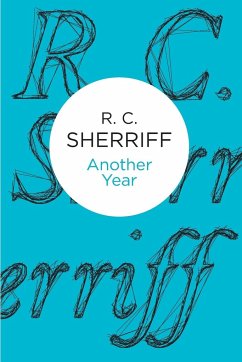
The Siege of Swayne Castle

PAYBACK Punkte
11 °P sammeln!
Lord Swayne owned a well-protected castle on a particularly strategic stretch of the English coast. A powerful Earl with estates nearby coveted the castle and its surrounding land. Under the guise of protecting King John from treachery, he declared his intention of 'smashing the castle to the ground, hanging the garrison amidst its ruins and wiping the pestilent Swaynes off the face of the earth'. Lord Swayne had some advantages however, one of which was that he held the Earl's son, Gregory, captive. This is a fascinating account of a medieval siege. It is also the story of the growing friends...
Lord Swayne owned a well-protected castle on a particularly strategic stretch of the English coast. A powerful Earl with estates nearby coveted the castle and its surrounding land. Under the guise of protecting King John from treachery, he declared his intention of 'smashing the castle to the ground, hanging the garrison amidst its ruins and wiping the pestilent Swaynes off the face of the earth'. Lord Swayne had some advantages however, one of which was that he held the Earl's son, Gregory, captive. This is a fascinating account of a medieval siege. It is also the story of the growing friendship between two boys, Lord Swayne's son Roger, and his prisoner, Gregory. 'The techniques and tragedies of medieval siege can seldom have been described in such a clear-cut, practical way; this exciting one-thing-after-another tale should be spread very widely among history-lovers and also those who have scant interest in the past.' Sunday Times













